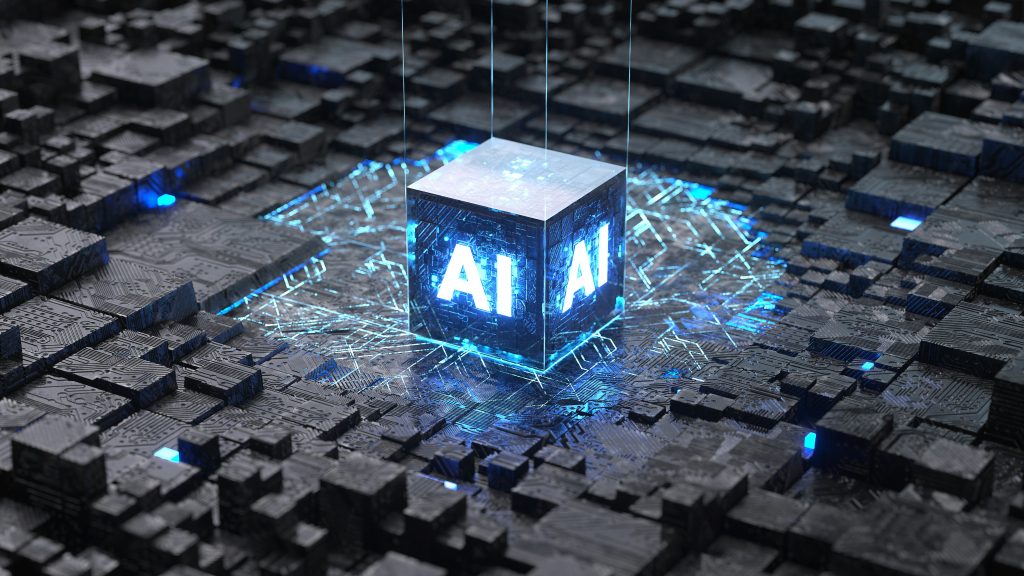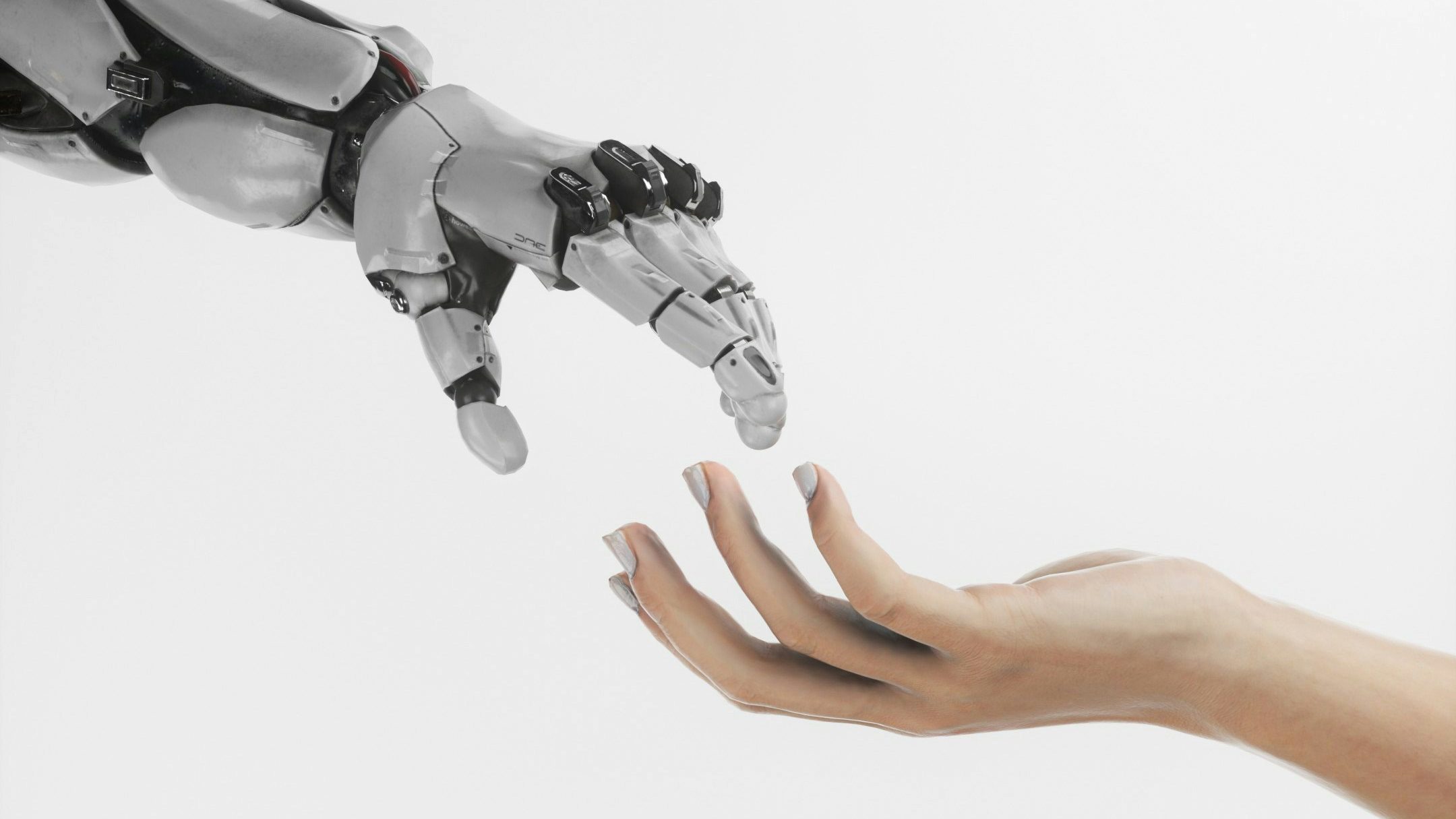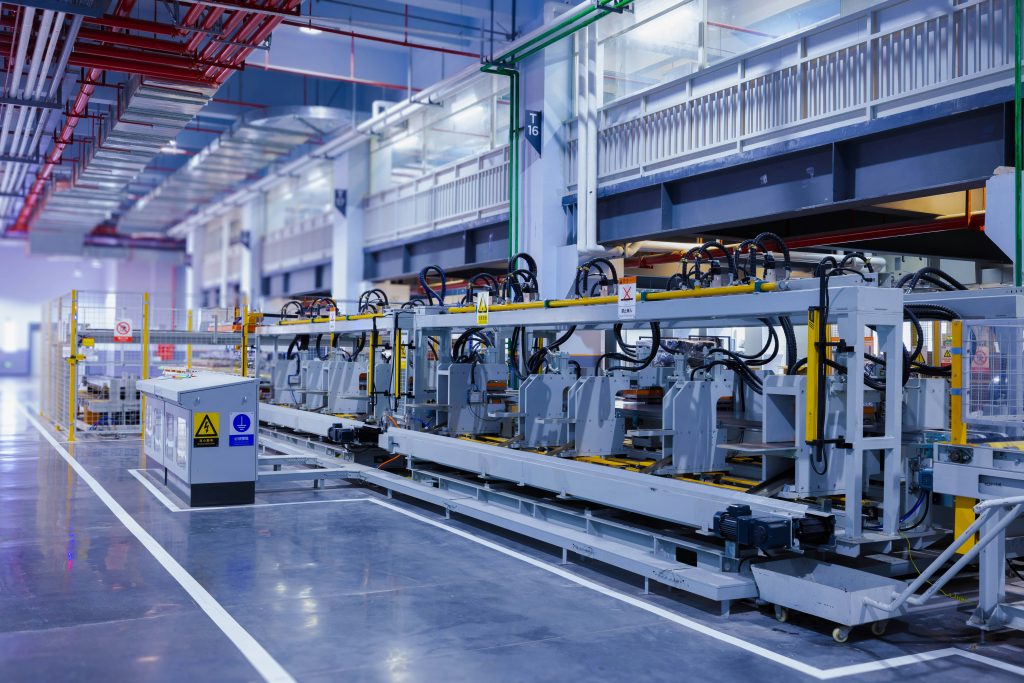Artificial Intelligence (AI) is no longer just a buzzword. It is reshaping how businesses operate, how decisions are made, and how societies evolve. From intelligent systems that improve customer experiences to data-driven tools that support strategic leadership, AI has become one of the most influential forces in the modern world.

For professionals who want to remain relevant, competitive, and future-ready, gaining advanced expertise in AI is no longer optional — it is essential. This is where the MSc Artificial Intelligence at Robert Kennedy College (RKC) offers a powerful opportunity. Designed for ambitious learners worldwide, this programme equips students with in-depth knowledge of Artificial Intelligence while offering the flexibility of online study and the prestige of a British Master’s degree.
The Growing Importance of Artificial Intelligence
Artificial Intelligence has rapidly become one of the most impactful technologies of our time. Organisations across industries are adopting AI to improve efficiency, enhance decision-making, and gain a competitive advantage. What makes AI so powerful is its ability to process information, recognise patterns, and support complex problem-solving at scale.
Today, AI influences how businesses analyse data, automate processes, personalise services, and manage risk. Leaders who understand AI are better positioned to guide digital transformation initiatives and make informed strategic decisions. As AI continues to evolve, the demand for professionals with strong academic foundations and a practical understanding of Artificial Intelligence is growing steadily.
This global shift has created a clear opportunity: those who invest in advanced AI education today are positioning themselves at the forefront of tomorrow’s workforce.
MSc Artificial Intelligence at RKC Swiss
The MSc Artificial Intelligence offered by Robert Kennedy College (RKC) in partnership with the University of Lancashire is designed to meet this growing global demand. The programme provides a rigorous academic foundation in Artificial Intelligence while remaining accessible to professionals through its fully online delivery model.
Graduates receive a Master of Science degree awarded by the University of Lancashire (UK), a recognised and respected qualification that adds strong academic credibility to your professional profile.
What makes this programme particularly attractive is its balance between theoretical understanding and practical application. Students develop advanced knowledge of Artificial Intelligence concepts while also engaging critically with the broader implications of AI in modern contexts. The programme encourages analytical thinking, responsible use of technology, and the ability to apply AI knowledge in real-world environments.
Flexible, Online, and Designed for Working Professionals
One of the key strengths of the MSc Artificial Intelligence at RKC is its flexibility. The programme is delivered through RKC’s OnlineCampus, allowing students to study from anywhere in the world while balancing work, family, and other commitments.
This structure is ideal for:
- Working professionals looking to upskill
- Graduates seeking to specialise in Artificial Intelligence
- Entrepreneurs wanting to integrate AI into their businesses
- Career changers preparing for new opportunities in the digital economy
Online learning does not mean learning alone. Students benefit from interactive discussions, academic guidance, and a global learning community that enriches the overall experience.
Learning with Purpose: Academic Depth and Responsible Practice
The MSc Artificial Intelligence programme is designed to develop more than just technical understanding. It encourages students to think critically about how Artificial Intelligence is developed, applied, and governed. This is increasingly important in a world where AI systems influence decisions that affect individuals, organisations, and society as a whole.
Students completing the programme gain advanced insight into Artificial Intelligence while developing the intellectual maturity to apply this knowledge thoughtfully and responsibly. This combination of expertise and awareness is exactly what modern employers are seeking.
A core component of the programme is the Master’s project, which allows students to demonstrate their learning through independent, in-depth work. This academic project strengthens research, analysis, and problem-solving capabilities — all highly valued skills in today’s knowledge economy.
Hear More in the Programme Information Session
Prospective students who want deeper insight into the MSc Artificial Intelligence can benefit from watching the recorded online information session. This session offers valuable context about the programme, its structure, and what students can expect from their academic journey.
You can view the recording here:
For anyone considering the programme, this session provides clarity and reassurance, helping you make a more informed decision about your next academic step.
How the MSc in Artificial Intelligence Enhances Career Prospects
Completing a Master’s degree in Artificial Intelligence opens the door to a wide range of career opportunities. As AI continues to shape organisational strategies and digital transformation initiatives, employers are increasingly seeking professionals who can contribute meaningfully in this space.
An MSc in Artificial Intelligence strengthens your profile by demonstrating:
- Advanced academic knowledge in a high-demand field
- Strong analytical and critical thinking abilities
- The ability to engage with complex technological challenges
- Commitment to continuous learning and professional development
Graduates of AI programmes are well positioned for careers in technology-driven environments, innovation-focused organisations, research-oriented roles, and leadership positions where AI understanding supports strategic decision-making.
Beyond specific job titles, the true value of this qualification lies in career resilience. As industries evolve, professionals with strong AI knowledge are better prepared to adapt, lead change, and remain relevant in an increasingly digital future.
Tuition Fees and Investment in Your Future
Pursuing a Master’s degree is both an academic and financial investment, and RKC Swiss aims to make this investment as transparent and accessible as possible.
To know more, visit: https://www.rkc.swiss/chf.
The tuition fee for the MSc programme is clearly outlined, with options such as bursaries and flexible payment plans available. This allows students to plan their finances responsibly while gaining access to a high-quality British education.
When viewed in the context of long-term career growth, enhanced employability, and increased professional opportunities, this investment represents strong value for ambitious learners.
A Strategic Step Toward a Smarter Future

Artificial Intelligence is redefining how we work, how organisations operate, and how value is created in the global economy. Professionals who understand AI are no longer limited to technical roles alone — they are increasingly shaping strategy, influencing leadership decisions, and guiding innovation across sectors.
The MSc Artificial Intelligence at Robert Kennedy College offers a credible, flexible, and forward-thinking pathway into this exciting field. With a recognised British degree, a carefully designed academic structure, and the convenience of online learning, the programme empowers students to take meaningful control of their future.
If you are looking to strengthen your professional profile, deepen your understanding of Artificial Intelligence, and position yourself for long-term career growth, this programme represents a powerful next step.
Apply for the programme here: https://www.rkc.swiss/apply?j=fbpagemt.












